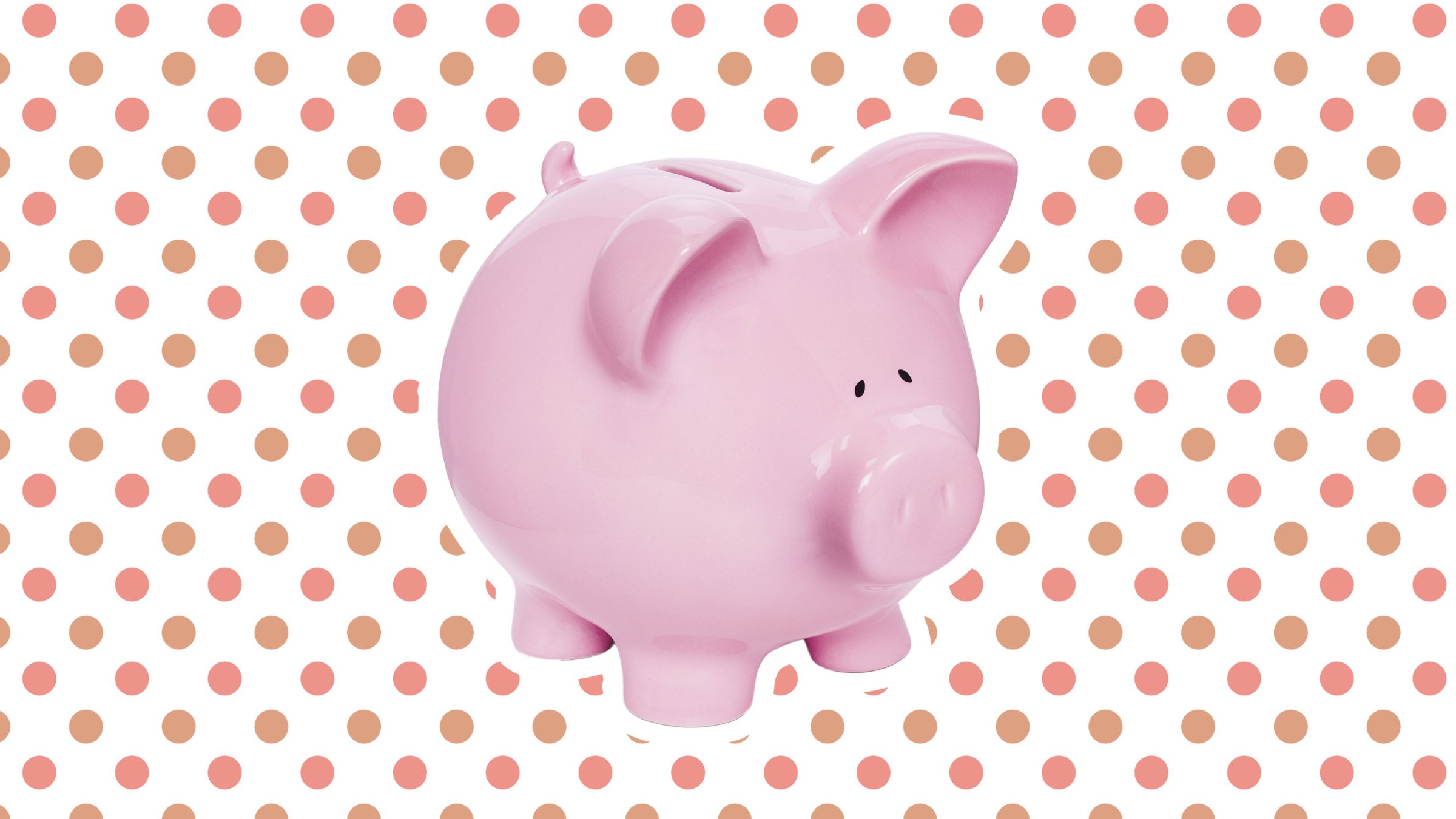
We make countless decisions every day that affect our wallets, from how we get to work to what we eat for dinner to whether we should book that vacation. But how do you know you’re making the smartest decisions for your financial situation?
That’s where a budget comes in. At LearnVest, we surveyed more than 100,000 members nationwide to identify their number one financial goal. The winner? Budgeting. So if you’re trying to tackle this important personal finance to-do, you’re certainly not alone.
But here’s the thing: I believe budgeting isn’t a goal in and of itself but a powerful tool that can help you achieve your other goals—like getting out of credit card debt, buying a home or starting a family. That’s why we at LearnVest have developed a budgeting method, called the One Number Strategy, that builds in your goals and gives you just one number to track each week.
Read more: What to Know Before Renting Your First Apartment
To get started, figure out your monthly take-home pay, which is the dollar amount that hits your account each month. (It’s much more helpful to budget with the money you actually have, as opposed to your pre-tax income.) From there, subtract three key things:
Read more: Doing This One Thing Can Save You Thousands of Dollars a Year
The amount left over is yours to spend however you’d like. Divide it by four to figure out your magic number—how much you have available to spend weekly on everything from dinners out with friends to concert tickets to lattes. What I love about this system is that you’re just tracking one number (instead of worrying if you’re “over budget” by $5 on a specific category). As long as you stay within the boundaries of this number, you can rest easier knowing that your expenses and goals are all accounted for.
Alexa von Tobel is the founder and CEO of LearnVest and the author of Financially Fearless.
More Must-Reads from TIME
- Cybersecurity Experts Are Sounding the Alarm on DOGE
- Meet the 2025 Women of the Year
- The Harsh Truth About Disability Inclusion
- Why Do More Young Adults Have Cancer?
- Colman Domingo Leads With Radical Love
- How to Get Better at Doing Things Alone
- Michelle Zauner Stares Down the Darkness
Contact us at letters@time.com